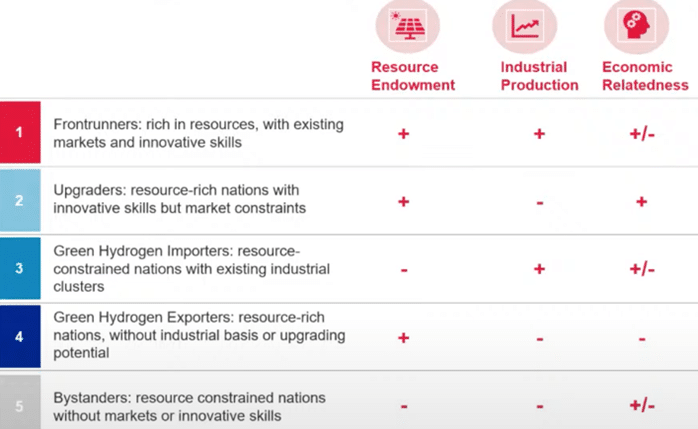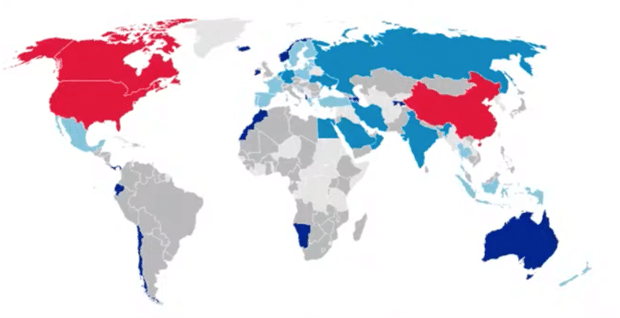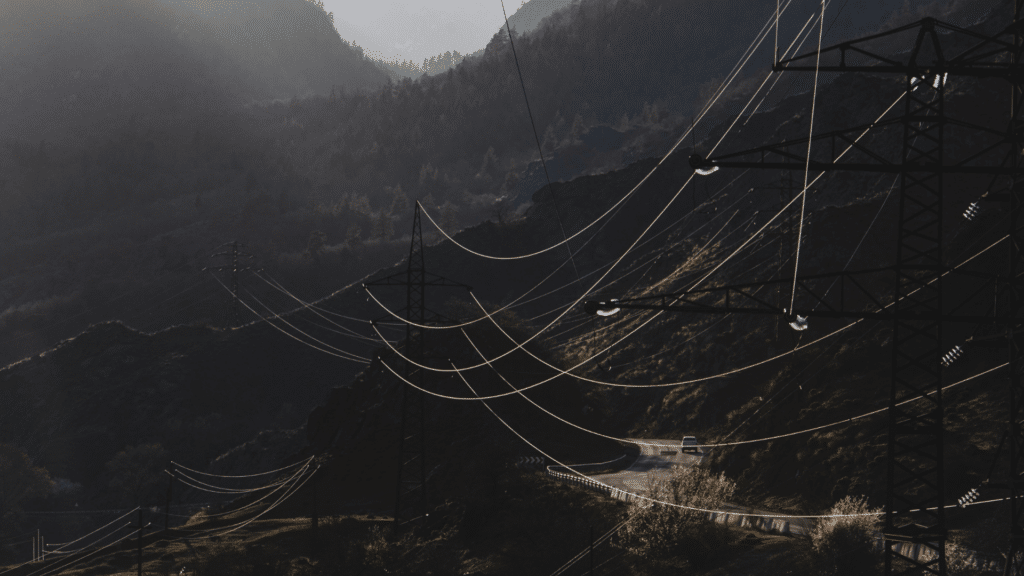Mapping the new global geographies of clean hydrogen value chains
Highlights from the event 'Future landscape of green hydrogen and its transformative impact on global industries'
The first episode of the new edition of the #FSRInsights series hosted by Marzia Sesini and Nicolò Rossetto welcomed keynote speaker Laima Eicke from the Research Institute for Sustainability Studies (RIFS) to present her paper “Green hydrogen value chains in the industrial sector—Geopolitical and market implications”. Joining her as discussants were Franziska Holtz from DIW Berlin and James Kneebone from FSR.
Laima opened the session by presenting the policy context for the paper, the methodology, and the key findings. She highlighted that there is potential for clean hydrogen demand to grow exponentially from now to 2050, subject to competition with other technologies. However, although the level of hydrogen final demand is uncertain, in certain sectors, like chemicals and steel, there are few or no alternatives to renewable hydrogen. These are, therefore, the sectors the study focuses on, hypothesizing that the decarbonization of these industries will significantly change the organization of their value chains.
The methodology for analysing the scope of different countries to capture parts of these value chains based on the following criteria was presented: (i) resource endowment (renewable energy conditions, freshwater availability, land availability, and infrastructure potential), (ii) existing industrial production, and (iii) economic relatedness. The analysis then groups countries into five categories based on their attributes in the given criteria. Figure 1 on the left outlines the categories and criteria, and Figure 2 on the right translates this into a map of the countries analysed.


The author outlines some of the implications of this reorganisation of industrial value chains, including gains, rivalries and the potential for a widening north-south split. The paper includes detailed policy recommendations for countries in different categories. For example, resource-constrained nations in Europe, parts of central Asia and America might choose to focus efforts on innovation, tech transfer and learning, or ‘upgrading’ of energy-intensive products into finished products rather than the production of clean hydrogen itself.
Following the initial presentation, discussant Franziska Holtz inquired about the possibility of competition between gas-based hydrogen and renewable hydrogen, as well as the difference between assessing state actors as the point of reference or whether we should be focusing on companies. She also asked why there were countries absent from the dataset. James Kneebone noted some differences between the classifications of countries participating in these value chains based on the analysis, and the projects evolving on the ground and asked the keynote if there were any surprises in this regard when undertaking the analysis, for example, where countries fell outside of where she might have expected.
Laima’s response highlighted how recent survey data conducted by RIFS suggests that cheap renewable energy is a much stronger factor for attracting industrial investment than the price of natural gas. She explained that company-level data is very difficult to obtain, and that state-level policy is a huge driver for guiding company behaviour and investment decisions: these reasons supported her choice to do a country-level analysis. Similarly, she explained that data was missing or unavailable from several countries, for example in Latin America and Sub-Saharan Africa, which is why they were absent from the analysis. The author’s reply on the gap between on-the-ground development and the vision of the maps was that resource limitations are a key factor in their classifications but that they can be overcome. For example, in the MENA region or Australia desalination is being used to overcome freshwater unavailability. In this sense, the maps are not a prediction of the future, but just one potential pathway.
Nicolò Rossetto then took some questions from the audience, which largely focused on the profiles of different countries. Laima explained that freshwater availability was a major constraint in many countries which might lead to surprising classifications, for example, Saudi Arabia as a hydrogen importer. Where data is missing, the author pointed to some fieldwork research that RIFS is doing to get more granular information on projects and real-world experience. The discussion then went on around the possibility of clustering sectoral uses (e.g., chemicals or manufacturing) in a future analysis of economic relatedness to give a wider scope for differentiation, as well as the possibility of including access to seawater vs landlocked countries to give a more accurate picture of freshwater availability. The last question was about whether ‘transit’ countries were considered in the analysis, with the author explaining that this was outside the scope of her work, but that it does reflect another possible policy optimisation choice for strategically positioned countries, such as Italy. Finally, Marzia Sesini closed the session.






